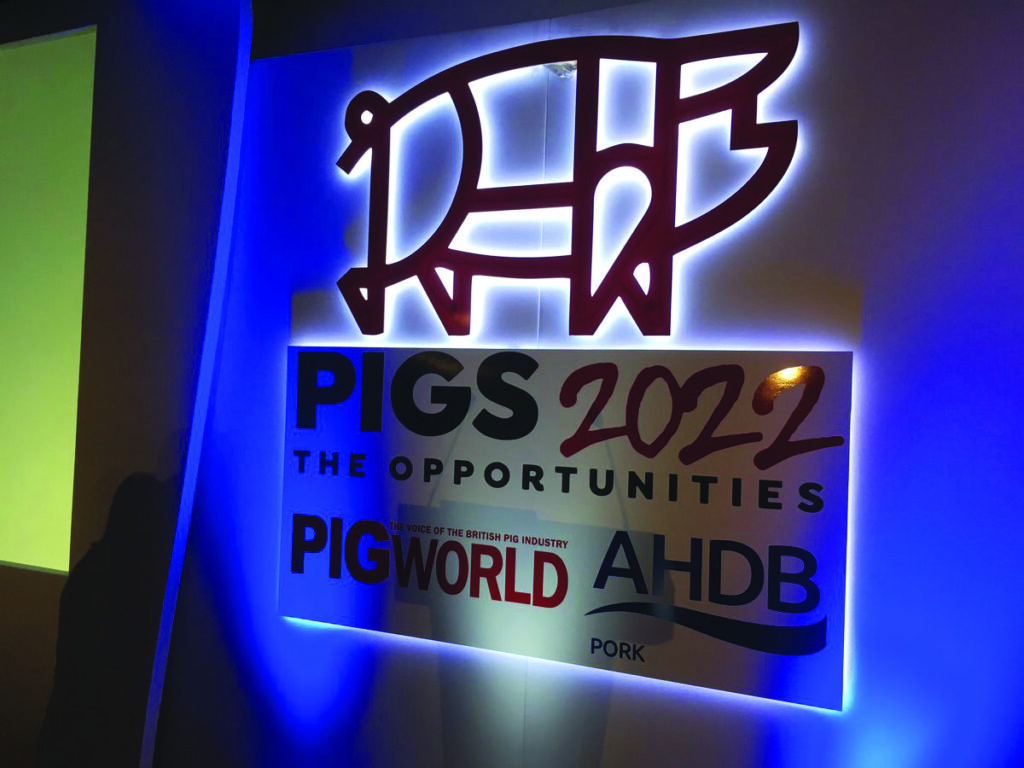The Pigs 2022 conference, from my perspective at least, confirmed the upbeat mood of the British pig industry.
There was a tangible buzz around the whole event – and not just in the bar at 1am. Pig prices north of £1.60/kg help.
The global outlook also helps – a growing, increasingly affluent population demanding ever greater quantities of protein, led, of course, by China, which we were reassured will continue to import huge volumes of pork. And, although the global competition might be fierce, the UK brand and the story behind it carries resonance.
And yet this month has also highlighted the vast and varied challenges the pig sector faces.
Early June saw the pig industry submit its proposals for long-term ‘challenging, but achievable’ antibiotic reduction targets. Then a few days later, we had confirmation zinc oxide is going within five years (unless we can make Brexit work in our favour). Joined up policy, anyone?
Pigs 2022 showcased technological advances, innovation and good practice. And there appears to be a real willingness to disseminate this across the industry, and a desire to embrace the opportunities collectively.
Domestic demand for our product is, at best, static, while our productivity lags behind our competitors. The industry remains under intense scrutiny from aristocratic campaigners encouraging celebs to ‘turn their noses up’ to ‘factory’ pig farming and from the more sinister and damaging incursions onto pig farms by vegan campaigners. The latest one (see Zoe’s comment) has generated a big noise.
It might just be me but there is a sense, however, that the industry is up for these challenges.
Pigs 2022 showcased technological advances, innovation and good practice. And there appears to be a real willingness to disseminate this across the industry, and a desire to embrace the opportunities collectively.
Meanwhile, we have enormous political uncertainty after another June delivered another political bombshell. With Brexit talks under way – hard or soft, who knows? – we still have little real idea of what our trading relationship will be with the EU or our other trading partners, let alone our likely exposure to cheap competition.
We now have Michael Gove batting for us at Defra, the arch-reformer still reviled among teachers. So, should we be worried about a politician who continues to champion Brexit as an opportunity for a cheap food economy?
Maybe, but he is also a political heavyweight who, superficially at least, has promised to ‘champion the farming industry’. If we get him onside, he could be a valuable ally (assuming his Government can survive long enough for him to show it).
Glass half-full again, see!




